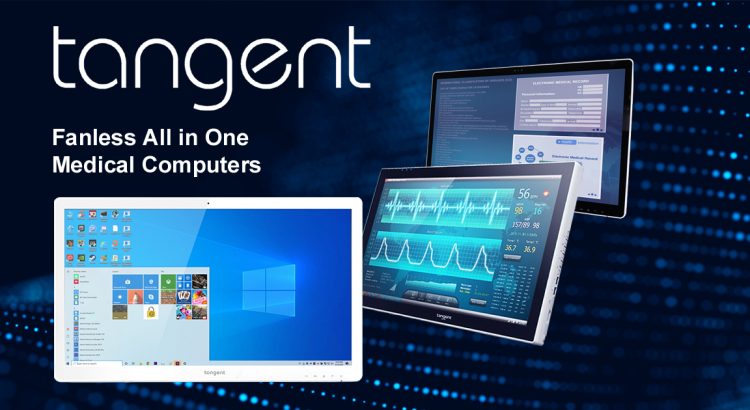During these hot summer months, turning on a fan can help you cool off. Fans are everywhere, from residential homes to restaurants and even offices. But while fans certainly have a place in our lives, there is one area they simply don’t belong: medical grade computers. In addition to cooling people off, fans have the […]
Tag: fanless medical computer

Preventing Infections In A Post-Antibiotic World
The Center for Disease Control And Prevention just released a 2019 AR threats report titled Antibiotic Resistance Threats in the United States, with some startling findings for the calendar year. The report found that 2.8 million antibiotic-resistant infections occur in the U.S. every year, resulting in 35,000 deaths. That’s nearly 1% of the U.S. population […]
